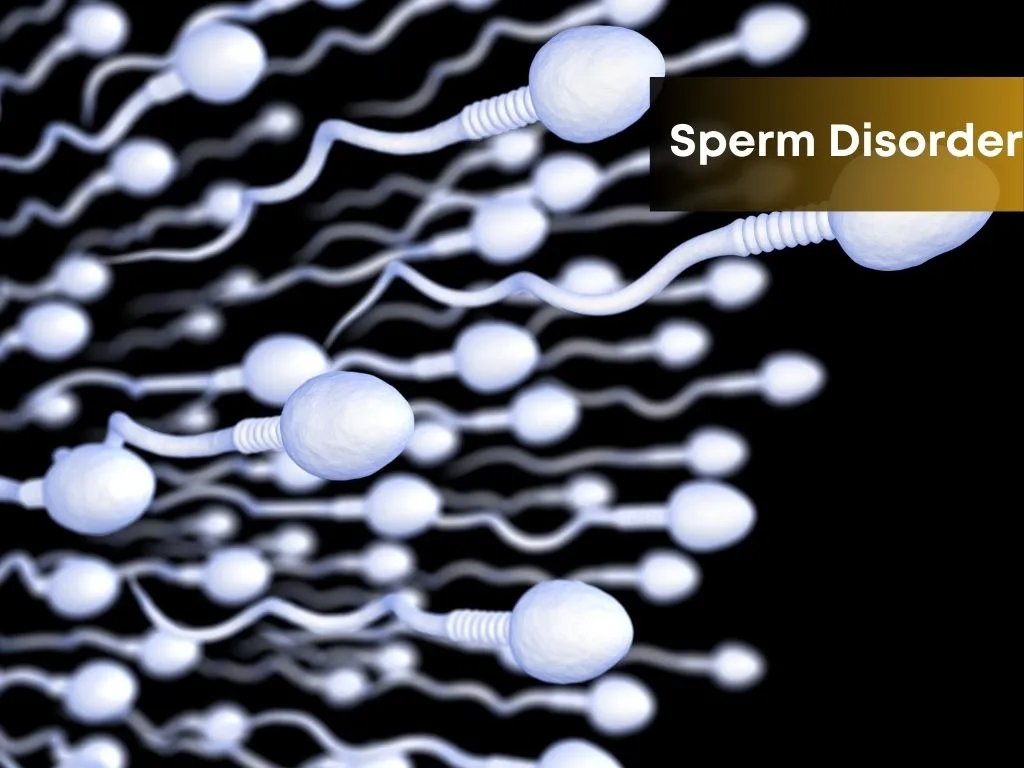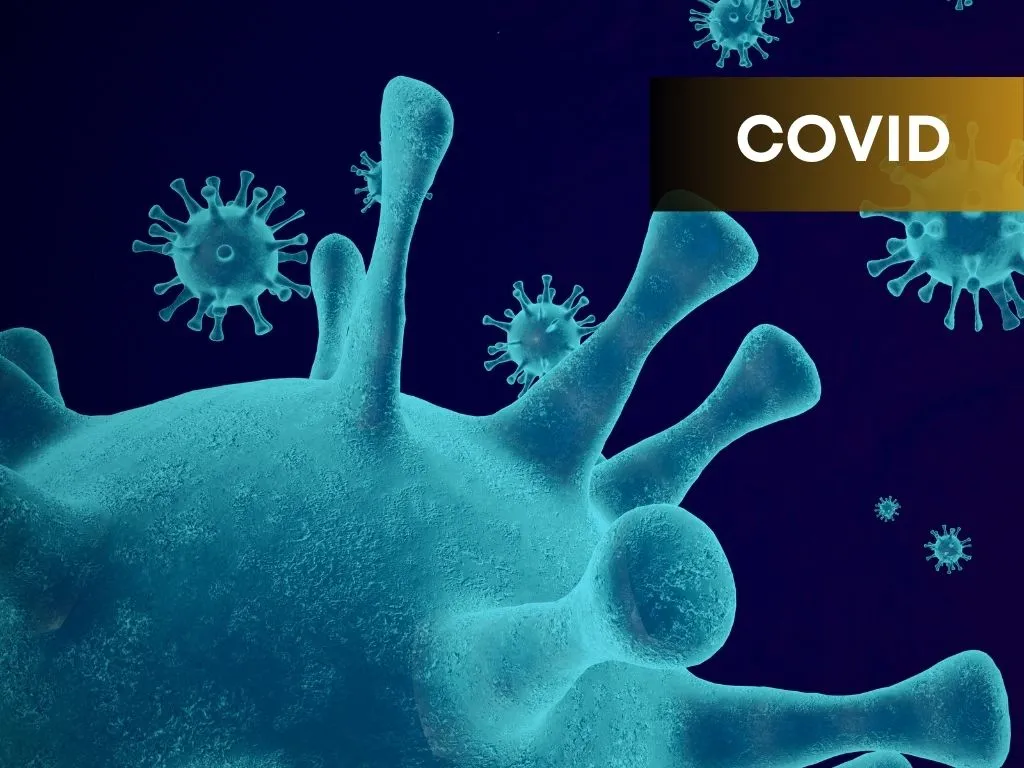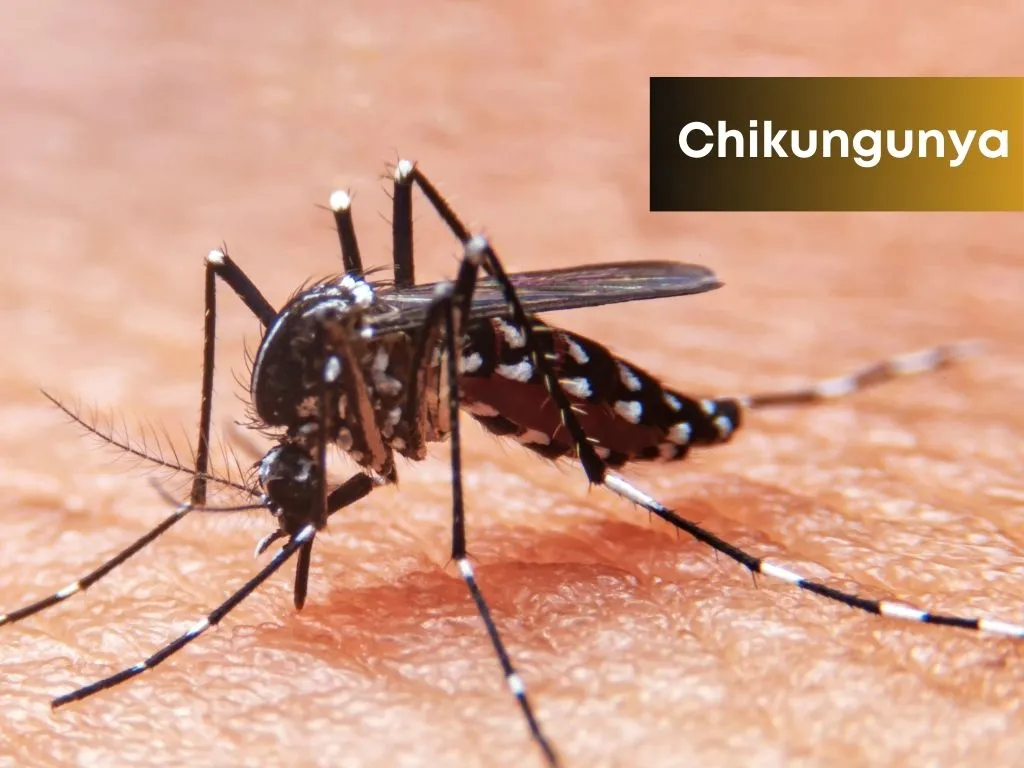Overview
A sperm disorder, also known as male factor infertility, refers to any condition that affects the production, quality, or function of sperm, thereby reducing the likelihood of conception during sexual intercourse. There are various types of sperm disorders, including:
OligospermiaAzoospermiaTeratospermiaAstenospermia HypospermiaNecrospermiaOligoasthenoteratospermia (OAT syndrome)
Causes
Sperm disorders can have various causes, including:
Hormonal ImbalancesGenetic FactorsTesticular FactorsVaricoceleInfectionsLifestyle FactorsMedicationsRadiation or ChemotherapyHeat ExposureAgeStressObesity
Symptoms
Difficulty ConceivingChanges in Sexual FunctionPain or SwellingChanges in EjaculateRecurrent Respiratory InfectionsHormonal Imbalance SymptomsPainful EjaculationTesticular Abnormalities
Treatment: Modern Medicine
Medications: Depending on the underlying cause of the sperm disorder, certain medications may be prescribed.
Hormonal therapyAntibioticsAnti-inflammatory drugs
Surgery: Surgical interventions may be necessary to correct anatomical abnormalities or blockages in the reproductive tract. For example:
VaricocelectomyVasectomy reversalSurgical sperm retrieval
Assisted Reproductive Technologies (ART): In cases where natural conception is unlikely or unsuccessful, ART procedures may be recommended. These include:
In vitro fertilization (IVF)Intracytoplasmic sperm injection (ICSI)Donor Sperm
Treatment: Traditional Medicine
Herbal SupplementsDietary ChangesAcupuncture
Caution
Avoiding Hot EnvironmentsLack of Scientific EvidencePotential Side Effects or InteractionsAvoid Tobacco, Alcohol, and Drugs
Prevention
Maintain a Healthy LifestyleManage WeightLimit Exposure to Environmental ToxinsPractice Safe SexProtect the Genital AreaManage Chronic Health ConditionsStay HydratedReduce StressRegular Health Check-ups
 Nalamaree Team
Nalamaree Team




















.jpg.webp)
